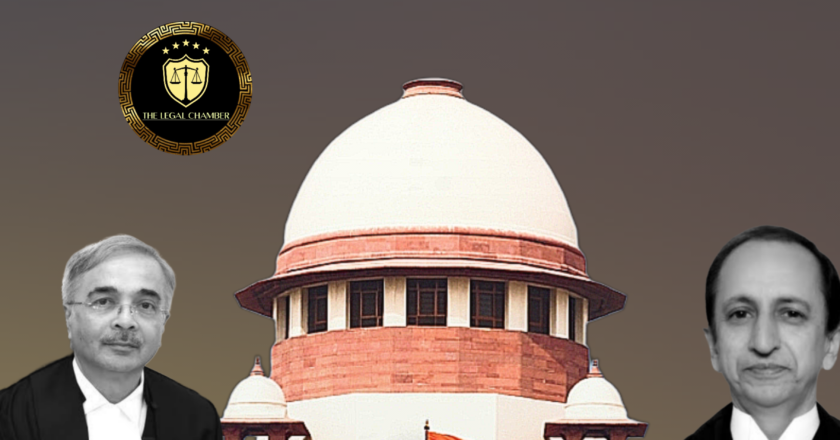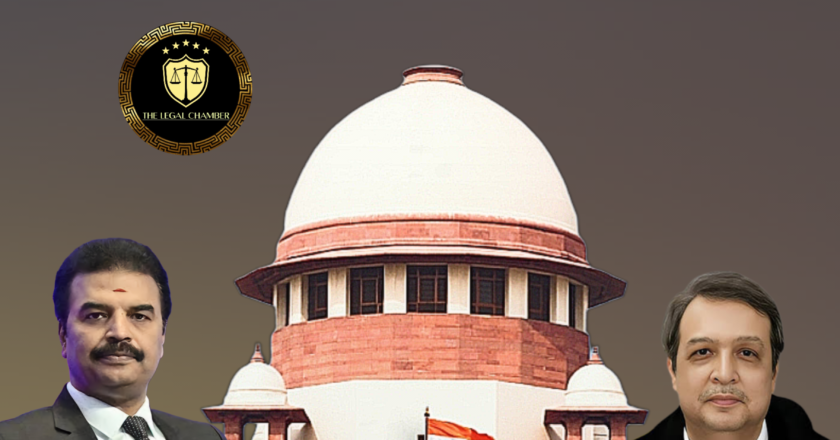Supreme Court Says No :Can You Change Your Mind After Cashing the Cheque?
The Supreme Court dismissed the appeal, upholding the rejection of a time-barred review petition. It affirmed the legal principle that a party cannot "approbate and reprobate"—they cannot accept a benefit under an order and later challenge it. A party who voluntarily accepts compensation with full knowledge is bound by their conduct and cannot subsequently resile from it.
Facts Of The Case:
In a motor accident claim case concerning the death of Priyank Chand, the Motor Accident Claims Tribunal awarded a total compensation of approximately Rs. 11.82 lakh to his legal heirs: his mother (Urmila Chand, the appellant), his wife (Sonu Chand), and his two minor children. Upon a joint application filed by all claimants, including Urmila, the Tribunal passed a disbursement order on 21.04.2015. As...


